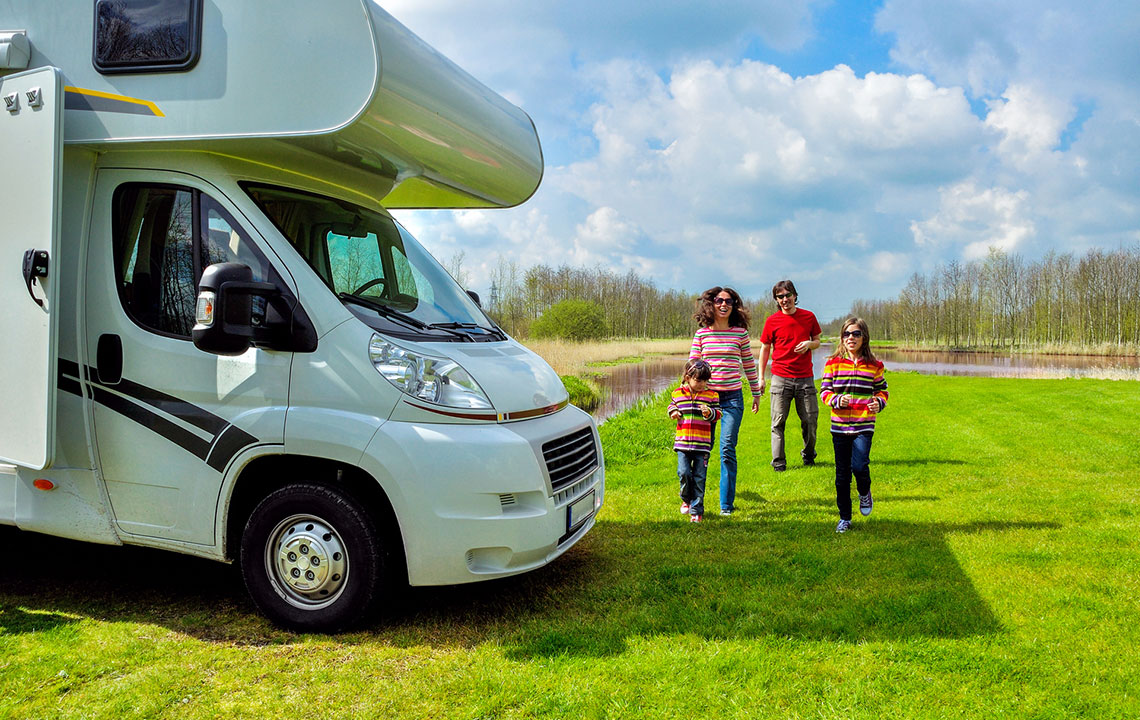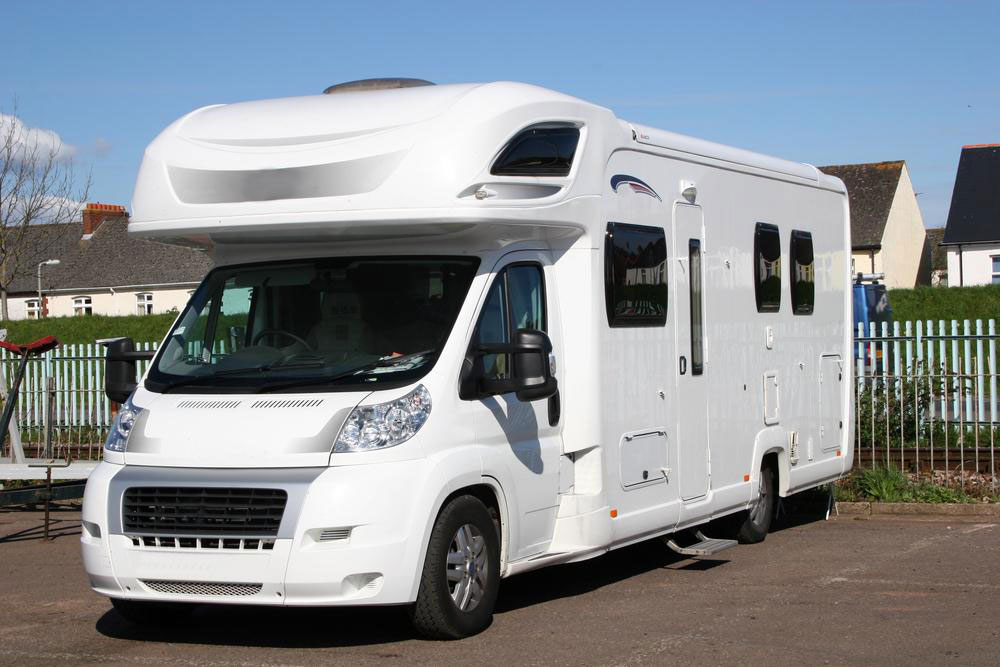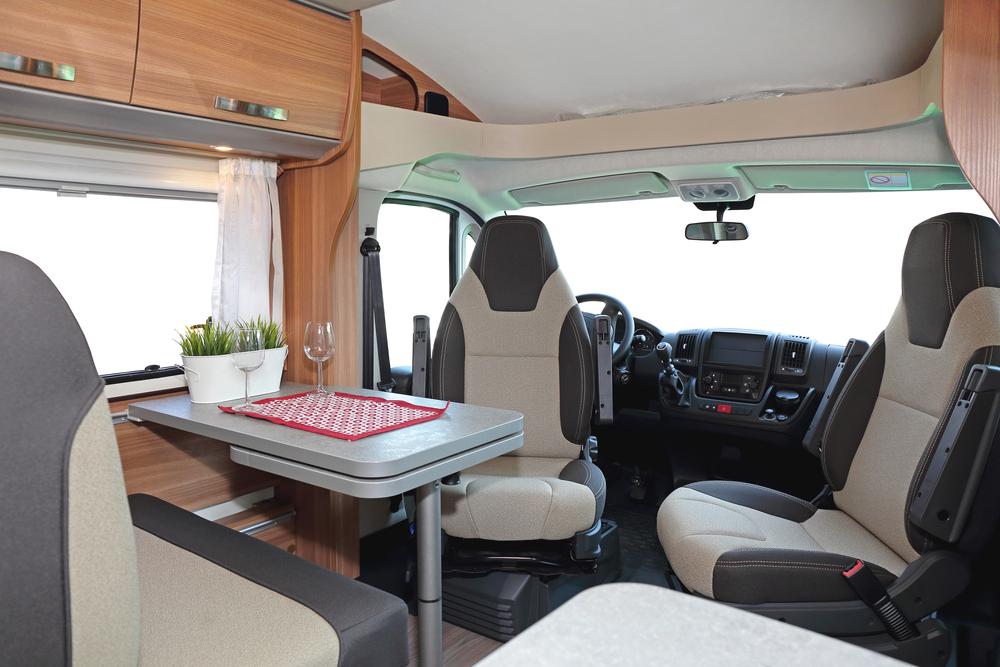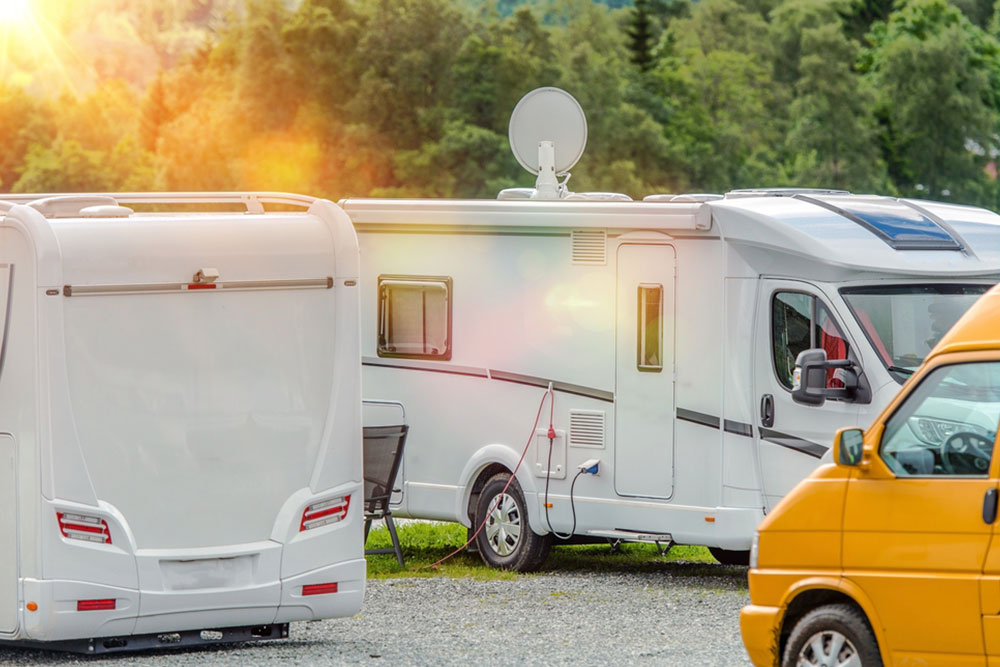Top Tips for Finding Quality Used Campers
Purchasing a used camper is a significant investment and a fantastic way to enhance one’s outdoor adventures without the hefty price tag of a new model. However, finding a quality used camper requires careful consideration and diligence. There are some top tips one can follow to ensure one gets a camper that meets their needs and provides years of reliable service.
1. Determine Your Requirements
Before you start browsing, evaluate your camping needs.
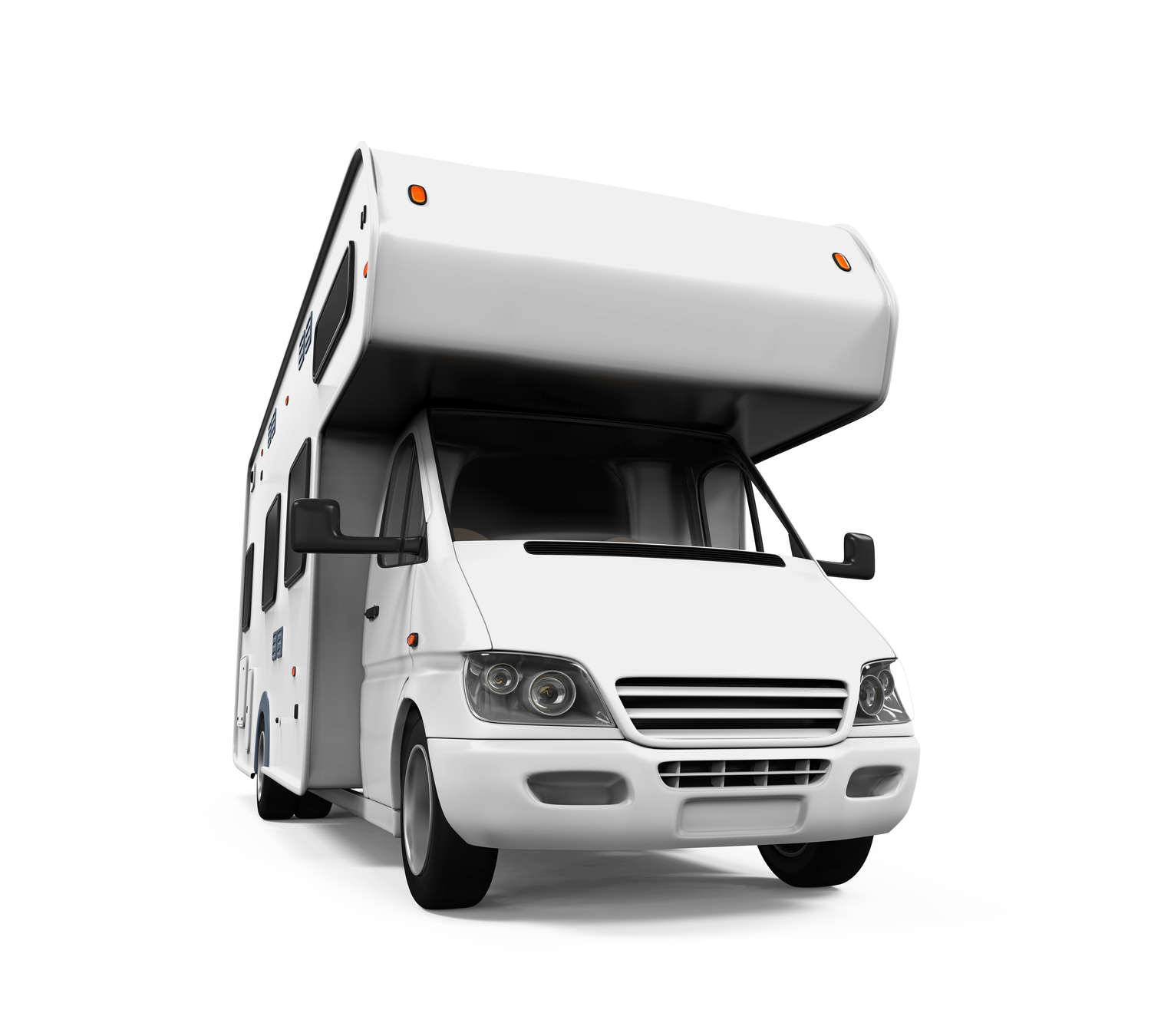
– Size and Layout: It is important to determine how many people will use the camper. It is also important to consider if one needs separate sleeping areas, a full kitchen, or a bathroom.
– Budget: Establish a clear budget, including possible repairs and upgrades.
– Type of Camping: Will you be staying in established campgrounds with full hookups, or do you plan to go off-grid?
2. Research Different Models
Investigate different makes and models to find one that suits your needs and has a reputation for reliability. Online forums, customer reviews, and RV-specific websites are valuable resources. Pay attention to common problems reported by other users to avoid potential pitfalls.
3. Inspect the Camper Thoroughly
An inspection is paramount when purchasing a used camper. Here’s what to look for:
– Exterior Condition: Check the roof, walls, and undercarriage for signs of damage, rust, or leaks. Ensure the seals around windows, doors, and access panels are intact.
– Interior Condition: Look for signs of water damage, such as soft spots on the floor or walls, and check for mold. Test the appliances, plumbing, and electrical systems to ensure everything is in working order.
– Functioning Components: Test the slide-outs, awnings, and hitch mechanisms. Make sure all mechanical components, like the brakes and towing lights, function properly.
4. Check for Water Damage
Water damage is a common and costly issue in campers. Inspect the roof for any signs of leakage. Check the corners and edges of the ceiling inside the camper, as well as around windows and skylights. Soft flooring or discoloration can also indicate water issues. If possible, use a moisture meter to detect hidden problems.
5. Examine the Tires
Tires are essential for safe travel. Check for signs of wear, dry rot, and ensure they are the correct load rating for the camper. Tire age is also crucial; even if they appear to have plenty of tread, older tires can be unsafe.
6. Verify the Title and Ownership
Ensure the seller has a clear title to the camper. A title check can reveal if the camper has a salvage title, which may indicate previous significant damage. Verify the Vehicle Identification Number (VIN) on the camper matches the title documentation.
7. Ask About Service History
Request maintenance records and inquire about past repairs. Regularly maintained campers are likely to be in better condition. Knowing the service history can also give you insight into potential future issues.
8. Consider Professional Inspection
For peace of mind, hire a professional RV inspector. They can provide a detailed report on the camper’s condition, highlighting any problems you might have missed. This investment can save you money in the long run by preventing unforeseen repair costs.
9. Negotiate the Price
Armed with your inspection results, negotiate the price with the seller. Use any issues discovered during the inspection as leverage to lower the price. Remember to stay within your budget, considering any additional costs for necessary repairs and upgrades.
10. Verify Warranty and Insurance Options
Check if any warranty is still valid or if an extended warranty can be purchased. Additionally, research insurance options for the camper. Proper insurance will protect your investment and provide coverage in case of damage or theft.
11. Test Drive the Camper
If the camper is self-propelled, take it for a test drive. Pay attention to how it handles, the performance of the engine, and check for any unusual noises or vibrations. If it’s a towable camper, make sure your towing vehicle can handle the load and perform a test tow.
12. Review Online Resources and Forums
Engage with online communities that specialize in RVs and campers. These forums can provide valuable advice, buying guides, and even specific recommendations for reputable sellers. Websites like RVTrader, Craigslist, and Facebook Marketplace are also good places to find used campers, but always proceed with caution and verify the legitimacy of the seller.
Finding a quality used camper involves research, careful inspection, and sometimes professional assistance. By following these tips, you can ensure your investment is sound, setting the stage for many enjoyable camping trips ahead. Take your time, be thorough, and don’t hesitate to walk away if something doesn’t feel right – the perfect camper for you is out there waiting to be discovered.

